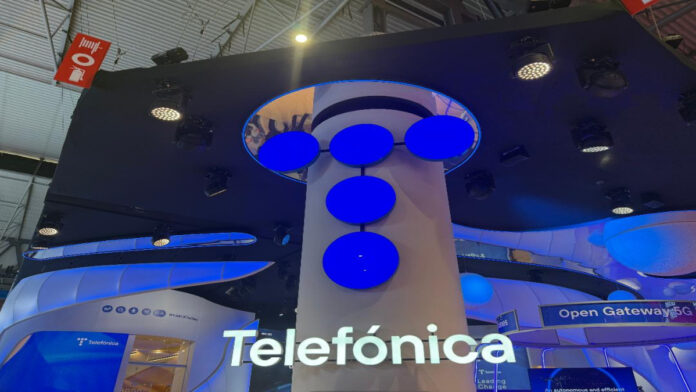For Telefonica, the transaction is aligned with its ongoing strategy to streamline its portfolio and reduce exposure in Latin America
In sum – what to know:
Telefonica exits Ecuador – The Spanish operator completed the sale of its Ecuadorian business to Millicom, aligning with its strategy to streamline operations and focus on core European markets.
Millicom expands South American footprint – The acquisition strengthens Millicom’s regional presence, following its earlier purchase of Telefónica Uruguay, and enhances its operational scale across Latin America.
Macroeconomic stability – With a dollarized economy and solid growth outlook, the Ecuador market provides Millicom with stronger cash flow resilience and long-term growth potential.
Spanish telco Telefonica confirmed the completion of the sale of its telecommunications operations in Ecuador to Millicom International Cellular, the former said in a release.
News of a deal between the two companies was first announced in June. In Ecuador, Telefonica operates under the Movistar brand.
For Telefonica, the transaction is aligned with its ongoing strategy to streamline its portfolio and reduce exposure in Latin America, focusing resources on core markets to drive sustainable value. Telefonica’s chairman, Marc Murtra, believes that the company’s exit from Latin America, improves its position to undertake consolidation operations in the telecommunications sector in Europe, where three of its four main markets are concentrated: Spain, Germany and the U.K.
Movistar Ecuador is currently the second-largest mobile operator in the South America nation, serving approximately 5 million customers with a 28% market share as of March 2025.
In a separate release, Millicom said the transaction represents another major step in its strategy to deepen its presence in South America, following the company’s recent acquisition of Telefónica Uruguay.
With the addition of Ecuador — a stable, dollarized economy with a positive macroeconomic outlook — Millicom bolsters its regional scale, operating cash flow resilience and long-term growth prospects, the telco said.
Marcelo Benitez, CEO of Millicom, said “This acquisition underscores our long-term confidence in Latin America. By entering Ecuador, we strengthen our platform to expand digital access, empower communities, and drive economic and social progress.”
In March, Telefónica had also finalized an agreement to sell 67.5% of its Colombian unit Coltel— which it operates under the Movistar brand — to Millicom for approximately approximately $416 million.
In addition to acquiring Telefonica’s stake, Millicom had announced an offer to purchase the remaining 32.5% of Coltel, currently owned by the Colombian government and other investors. If successful, Millicom would gain full control of the company.
In February, Telefonica announced the sale of its Argentine subsidiary to rival Telecom Argentina for $1.245 billion as another step in the company’s efforts to reduce its footprint in Latin America.
The Argentine government initially announced that it will investigate the acquisition to determine whether it creates a monopoly. The Office of the President released a statement warning that “70% of telecommunications services would be controlled by a single economic group, creating a monopoly formed thanks to decades of state benefits.”
In March, the Argentine authorities announced a preventive measure seeking to suspend Telecom’s acquisition of Telefónica. The government said that the suspension is based on the recommendation of the National Commission for the Defense of Competition, which indicated that “the merger of both companies would significantly increase their market share.”
Telefonica had also sold its Peruvian unit for less than $1 million to Integra TecInternational Inc (Integra Tec).

